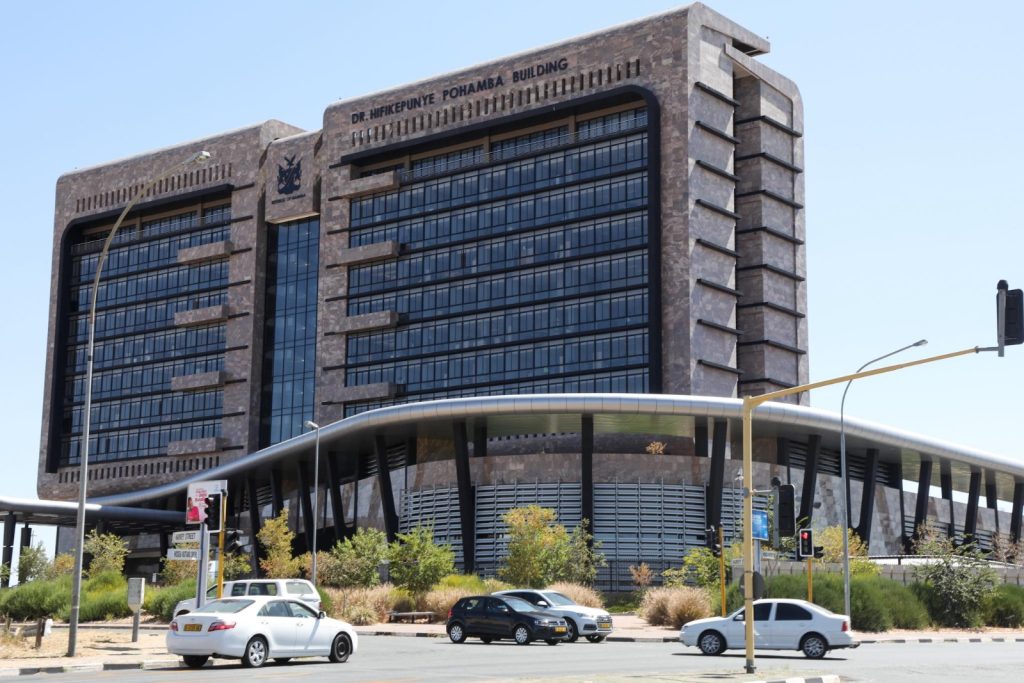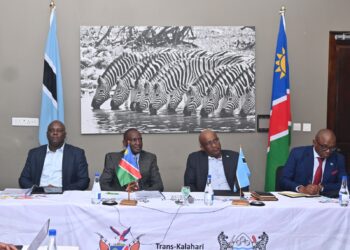
The Namibian Police Force has recovered N$18.2 million through the enforcement of the Prevention of Organised Crime Act (POCA) between 2021/22 and 2024/25, the Ministry of Home Affairs, Immigration, Safety and Security has revealed.
The figures are contained in the Ministry’s newly launched Strategic Plan for 2025/26 to 2029/30, which outlines major achievements in policing, immigration and corrections over the past four years.
According to the report, drug enforcement efforts during the period led to the confiscation of illicit substances worth N$189 million and the arrest of more than 6,300 individuals for drug-related offences. The police also rescued 294 victims of human trafficking and recovered 570 illegal firearms and over 24,000 rounds of ammunition under the “Silencing the Guns” campaign.
“Crime-fighting efforts led to the confiscation of illicit drugs valued at N$189 million, over 6,300 arrests for drug offences, and the recovery of N$18.2 million through POCA,†the report stated.
To bolster its operations, the Namibian Police amended outdated legislation to better address financial and transnational crime. The report further highlights the recruitment of 2,891 cadet constables and 248 civilian personnel, the acquisition of modern equipment, and enhanced training in specialised areas such as cybercrime and human trafficking.
Service delivery also improved with the nationwide rollout of the E-Policing system, which has reduced the time required to issue certificates of conduct from over a year to between one and five working days.
“Between 2021/22 and 2024/25, the Namibian Police Force made significant strides in legislative reform, organisational development, crime combating, and infrastructure enhancement,†the report noted.
In the immigration sector, 145 health facilities were linked to the e-notification system to support timely civil registration. New offices were opened in Khorixas, Divundu, Okalongo, Katjinakatji, and Ongwediva Medipark. ID processing times in Windhoek dropped from three months in 2019 to five days by 2023/24, while passport issuance was cut from one month to five working days. A free SMS notification service was also introduced to alert applicants when documents are ready for collection.
Border operations have also been upgraded. Of the 34 official ports of entry, 12 now offer e-visas and visas on arrival, while the Trans-Kalahari, Katima Mulilo, and Oshikango borders now operate 24 hours. Namibia has also begun allowing the use of national ID cards for cross-border travel with Botswana.
“Manual applications of three critical services—passports, short-term employment permits, and holiday visas—were digitised to enhance service accessibility and convenience,†the Ministry reported. It also confirmed the local integration of 1,161 former Angolan refugees and the voluntary repatriation of 183 Congolese nationals.
Within the corrections system, over 13,800 inmates participated in rehabilitation programmes, with a 97% compliance rate for those under community supervision. The average recidivism rate during the period was just 4%.
The Ministry completed more than 58 infrastructure projects, including new police stations, the construction of the country’s first female correctional facility, and the Ministerial headquarters. Three new Acts were also gazetted in 2024 to improve access to civil and immigration services.
The Namibia Correctional Service (NCS) recorded an 8% level of self-sufficiency through improved maize and meat production, as well as expanded uniform manufacturing. Security incidents in correctional facilities dropped by 48%, supported by the introduction of 15 new security policies and officer training programmes.











